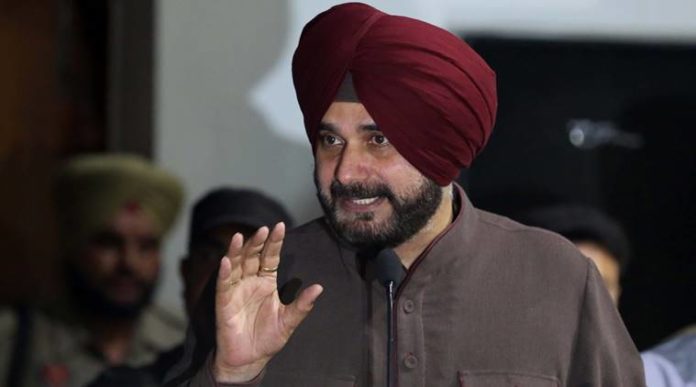
New Delhi: In a road rage took place 30 years ago, the Supreme Court is expected to decide the fate of Punjab Tourism Minister Navjot Singh Sidhu tomorrow.
Siddhu has filed the petition against the decision of three-year imprisonment in road rage case. Earlier, he told Supreme Court that the verdict sentencing him to three years in a road rage case was wrong and not based on medical evidence.
A bench of Justice J. Chelameswar and Justice Sanjay Kishan Kaul had reserved the judgment on April 18 after hearing arguments from counsels of the Punjab government as well as Sidhu and his cousin.
The incident dates back to December 27, 1988, when Sidhu and his cousin Rupinder Singh Sandhu beat up Gurnam Singh and two others in what was described as a road rage case. Gurnam Singh later died.
On April 12, the state government had supported the Punjab and Haryana High Court’s order to convict Sidhu in the case. It had told the apex court that the 65-year-old victim had died after a fist blow from the cricketer-turned-politician.
The state said there was no evidence to suggest that Gurnam Singh died of cardiac arrest and not brain haemorrhage. In 1999, the trial court in Patiala had acquitted Sidhu and his cousin, saying that the medical report stated the death was due to a heart attack.
The High Court in December 2006 overturned the lower court’s decision and said Gurnam Singh did not die of cardiac arrest but due to the injury to his temporal lobe. Sidhu was awarded three years in jail for culpable homicide not amounting to murder.
The apex court in 2007 stayed the conviction after Sidhu’s counsel contended that the High Court findings were based on opinion and not on medical evidence.
Sidhu’s lawyer argued that there were deficiencies in the medical evidence and the prosecution witnesses had given different statements on oath before the trial court.






